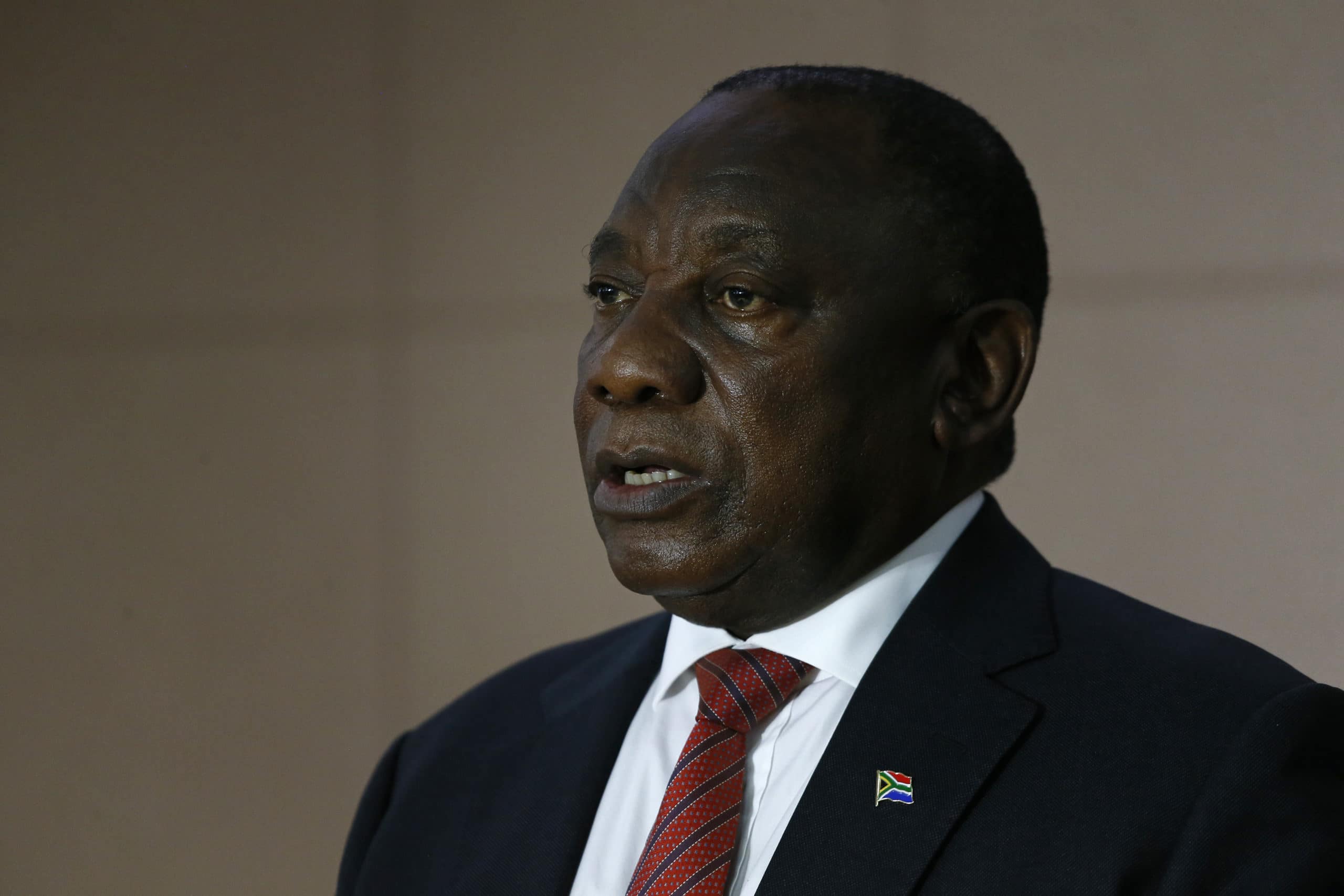Topline: In yet another “family meeting”, South African President Cyril Ramaphosa announced on Monday evening that the country would stay on alert level 3. In addition to regulations put in place, the South African government has chosen to close all 20 land ports of entry.
Key Facts.
- Land ports of entry will be closed until February, 15 for general entry and departure. These will include the six busiest border posts; Beitbridge, Lebombo, Maseru Bridge, Oshoek, Ficksburg, and Kopfontein.
- This decision has been made as a way to reduce congestion and the high risk of transmission as South Africa has reported nearly 190, 000 Covid-19 cases since the start of 2021. The country has also recorded more than 4,600 Covid-related deaths so far this year.
- Alcohol sales are still not permitted, however, curfew times have changed slightly from 9 pm to 6 am to 9 pm to 5 am.
The Government Vaccine Strategy
Part of South Africa’s strategy is to identify priority groups that need to be vaccinated as the country receives them throughout the year. This will be done in phases.
- Phase 1- the first batch of vaccines will be prioritized around 1.2 million front line health workers.
- Phase 2- When more vaccines arrive, South Africa will prioritize essential workers such as teachers, police, municipal workers, and other frontline personnel. People in institutions like old age homes, shelters, and prisons, people over 60 years of age, and adults with co-morbidities will also be prioritized in this phase. The country plans to reach 16 million people at this stage.
- Phase 3– With increased manufacturer supplies, the country will then vaccinate the remaining adult population of approximately 22.5 million people.
Crucial Quote
Loading...
“But, if we are to realize our aspirations for the year, we must unite to overcome the grave, persistent, and deepening coronavirus pandemic. The pandemic in our country is now at its most devastating,” Ramaphosa said during the live broadcast. “The number of new infections, hospital admissions, and deaths is higher now than it has ever been since the first case was recorded in our country in March 2020.”
Loading...
